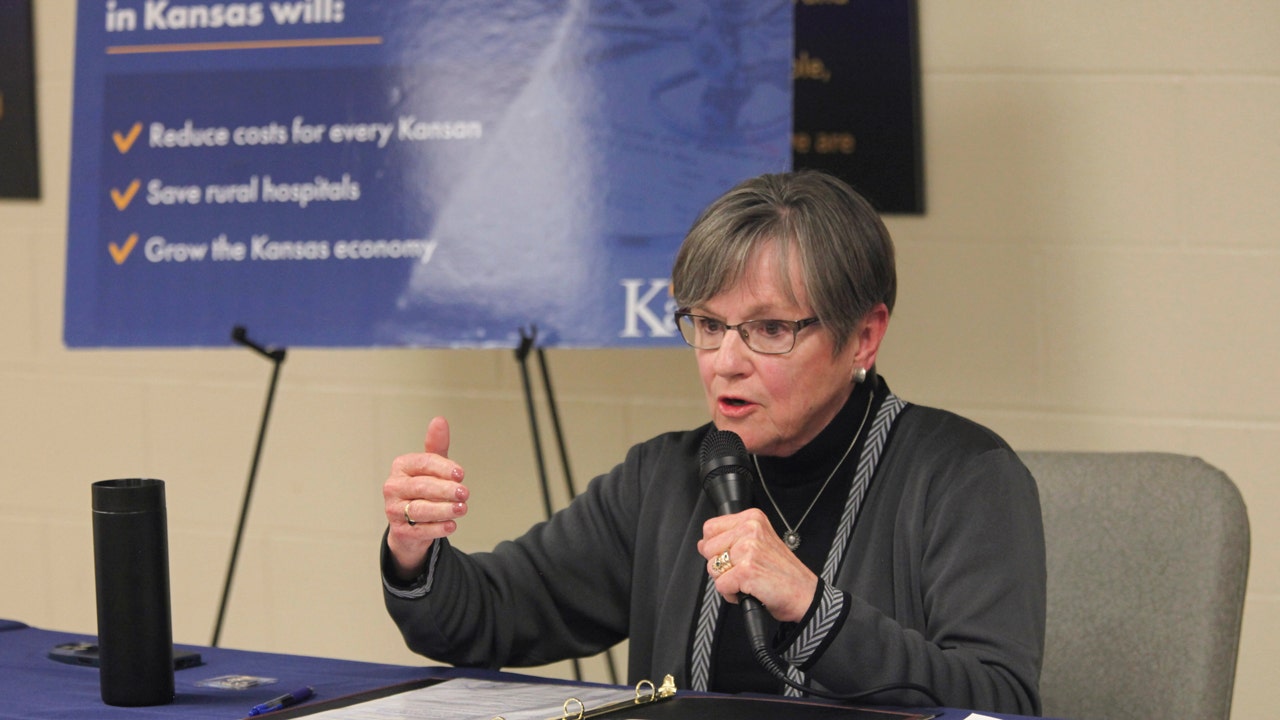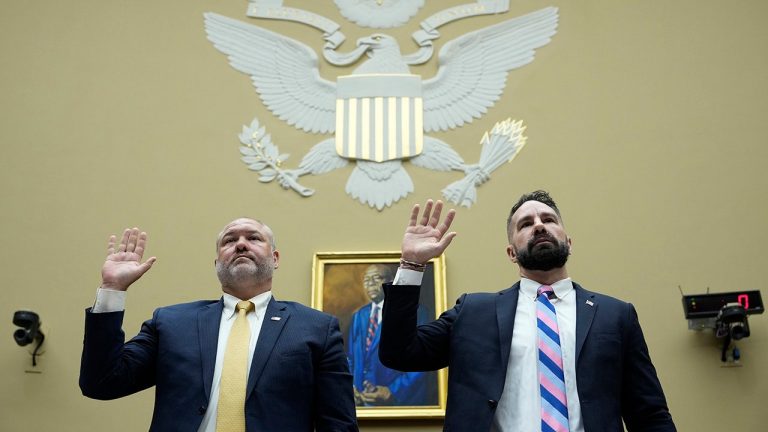Legal medical marijuana and expanded Medicaid in Kansas delayed by at least another year.
Despite the growing acceptance of medical marijuana and expanded Medicaid programs across the United States, Kansas remains among the few states that have resisted these changes. Republican state senators recently blocked efforts to bring both issues to debate before the Legislature’s scheduled adjournment.
Supporters of medical marijuana and Medicaid expansion in Kansas have faced continuous challenges for almost a decade, despite having popular support. Unlike other states where voters can directly approve these measures through ballot initiatives, Kansas lacks this option, making progress on these issues more difficult.
Statistics show that nearly all states except a handful, including Kansas, Georgia, Tennessee, Texas, Wisconsin, and Wyoming, have either legalized medical marijuana, expanded Medicaid, or both. This discrepancy highlights Kansas as lagging behind in adopting these progressive measures.
The recent votes on medical marijuana and Medicaid expansion in Kansas Senate reflected a clear divide between supporters and opponents. With the GOP’s significant majority in the Senate, the failure of these efforts was somewhat expected, described by party leaders as political posturing rather than genuine attempts at policy change.
The debate on medical marijuana raised concerns among law enforcement officials who fear that legalizing medical marijuana could lead to broader acceptance of recreational cannabis use. Citing examples from other states like Oklahoma, where a lax medical marijuana law attracted criminal activities, opponents in Kansas warned about potential negative consequences of such a policy shift.
Supporters of medical marijuana, like Cheryl Kumberg, a registered nurse from western Kansas, highlighted the struggles of residents who seek relief from medical conditions and are forced to obtain cannabis from neighboring states. Kumberg emphasized the need for a regulated and legal system to ensure safe access to medical marijuana for those in need.
On the other hand, the push for Medicaid expansion in Kansas faced a similar uphill battle, with advocates like Democratic Governor Laura Kelly championing the cause for extending healthcare coverage to more residents. Despite months of campaigning and support from various groups, the Senate’s narrow vote against expansion was a setback for those hoping to improve healthcare access in the state.
Governor Kelly had previously tied the issue of medical marijuana to Medicaid expansion, suggesting that taxes generated from marijuana sales could help fund the expansion of healthcare coverage. However, the recent vote indicated that broader political dynamics influenced the decision, with party lines often dictating the outcome.
As the debate around medical marijuana and Medicaid expansion continues in Kansas, it underscores larger questions about healthcare access, patient rights, and the role of state regulations in addressing these issues. While the recent votes may have stalled progress for now, the conversations and activism surrounding these topics are likely to persist as advocates push for more inclusive and progressive policies in the state.








